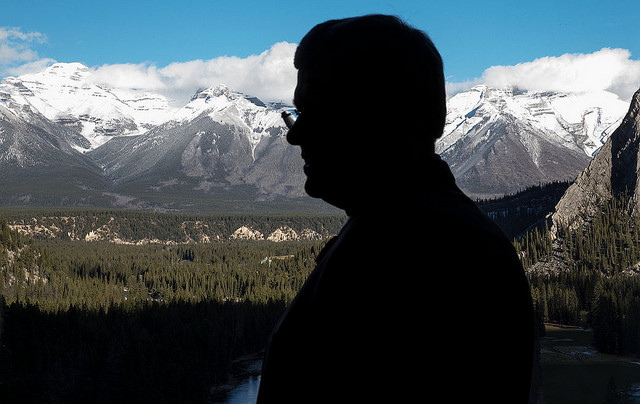The Council of Canadians is criticizing the emission reduction target set by the Harper government as weak, insufficient and lacking in credibility.
CBC reports, “Canada will announce today it will commit to reducing its greenhouse gas emissions by 30 per cent below 2005 levels by 2030… The announcement will be made today in Winnipeg by Environment Minister Leona Aglukkaq. …CBC News has learned Aglukkaq will also announce new rules to reduce methane emissions from the oil and gas sector, which makes up a significant portion of the industry’s total emissions. There will also be new rules to control emissions from an electricity sector that is burning more natural gas, and new standards to limit emissions from the chemical sector.”
The Globe and Mail adds, “The federal government has vowed Canada will cut its greenhouse gas emissions by 30 per cent from 2005 levels by 2030, and is announcing new plans to regulate — but not for the oil sands. …The Harper government is also announcing plans to regulate emissions in three separate areas: methane releases from oil and gas extraction, natural-gas fired power plants, and the manufacture of chemicals and nitrogen fertilizers. …Ms. Aglukkaq is also announcing that Ottawa will match U.S. plans to regulate methane emissions in the oil and gas sector. That’s a particular concern in the horizontal drilling and hydraulic fracturing — or fracking — that is used to extract natural gas and crude from shale rock.”
Key pledges in comparison are as follows:
- Canada – 30 per cent below 2005 levels by 2030 (which equals 14 per cent below 1990 levels by 2030)
- Ontario – 37 per cent below 1990 levels by 2030
- European Union – 40 per cent below 1990 levels by 2030
- United States – 26-28 per cent below 2005 levels by 2025
- China has said that it will stop its emissions from growing by 2030
- Alberta – a 40 per cent increase is projected over 2005 levels by 2030
CBC reports that there is already speculation that, “Canada will have to buy international credits to get to its goal. Those credits invest in green projects in other countries and balance out rising emissions in Canada. That’s something the Conservative government had vowed not to do in the past, with former environment minister John Baird calling them ‘hot air credits.'”
The speculation on the international credits (a false ‘climate solution’ that the Council of Canadians opposes) may be because, as the Globe and Mail reported in January 2014, “Without the climate regulations, the [Harper] government forecasts that emissions from the oil and gas sector will soar … by 48 per cent by 2030 [fuelled by tar sands growth in Alberta].”
There is also skepticism because the Harper government has a record of failure with respect to earlier climate pledges. In April, the Globe and Mail noted, “A report prepared by Environment Canada suggested this country had little hope of meeting its international commitment to reduce greenhouse-gas emissions by 17 per cent from 2005 levels by 2020. That pledge was made by Mr. Harper at a climate summit in Copenhagen six years ago.” In reality, Canada’s emissions could be 20 per cent in excess of that target. It should also be remembered that when Harper formally withdrew from the Kyoto Protocol in 2011, Canada’s emissions were 30 per cent above the target of 6 per cent below 1990 levels by 2012.
And the truth is that Harper’s pledge is not good enough.
Open Democracy has reported, “Cambridge University number cruncher Chris Hope concluded that if the European Union countries cut emissions by 40 percent by 2030 (as they have pledged), if the rest of the developed countries follow the U.S. commitment [which Canada is not even doing], and if the developing countries follow China’s promise, the most likely result will be a global temperature rise of 3.6 degrees Celsius in 2100.” This despite the reality that 2 degrees Celsius is the limit that cannot be exceeded to prevent climate change from having devastating consequences.
Given the United Nations had set a deadline of March 31 for countries to set their post-2020 targets, the Harper government is about two months late with their announcement. The United Nations Conference of Parties (COP) 21 will take place this coming November 30 to December 11 in Paris.
The Council of Canadians is calling on the Harper government to reject the Trans Mountain and Energy East pipelines as well as other carbon intensive projects because of their climate change impacts and commit to sustainable energy solutions, just transition strategies and good green jobs.
For more on the Council of Canadians energy and climate justice campaign, please click here.
Photo: pmwebphotos/flickr




